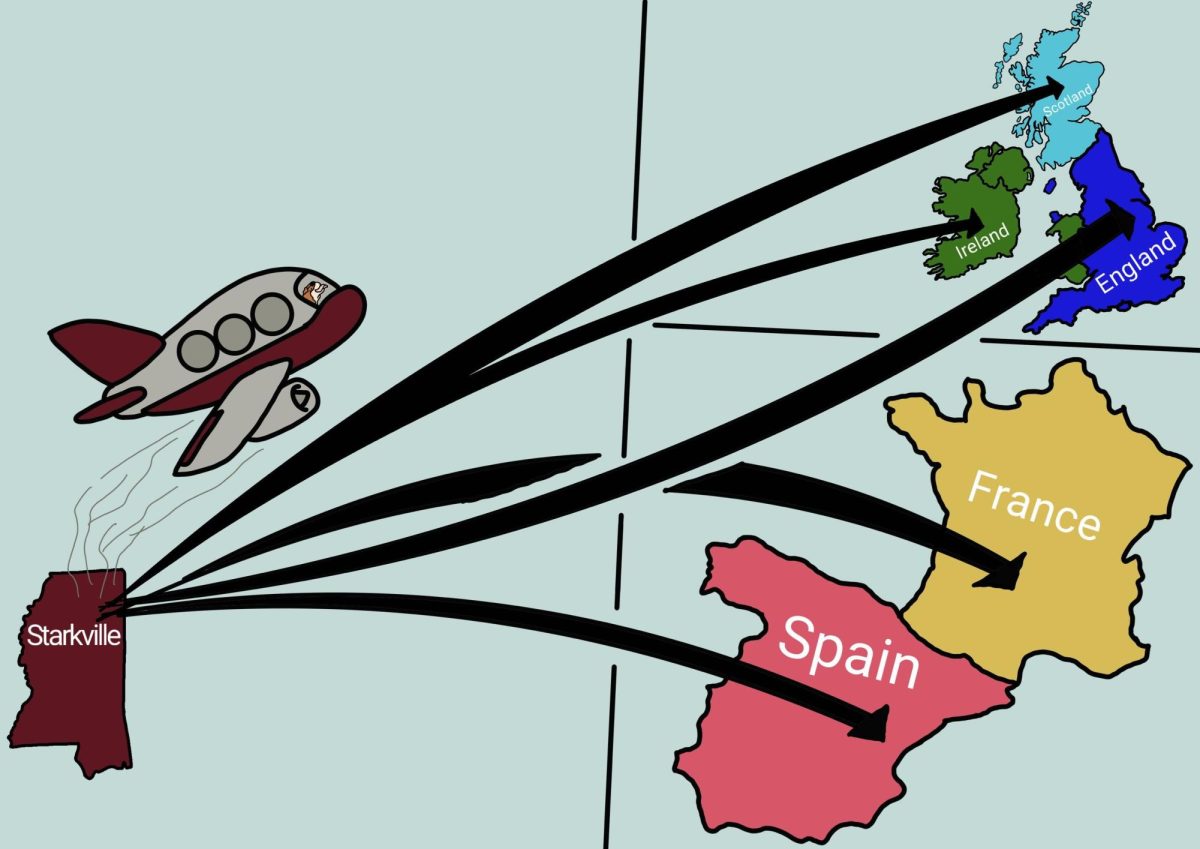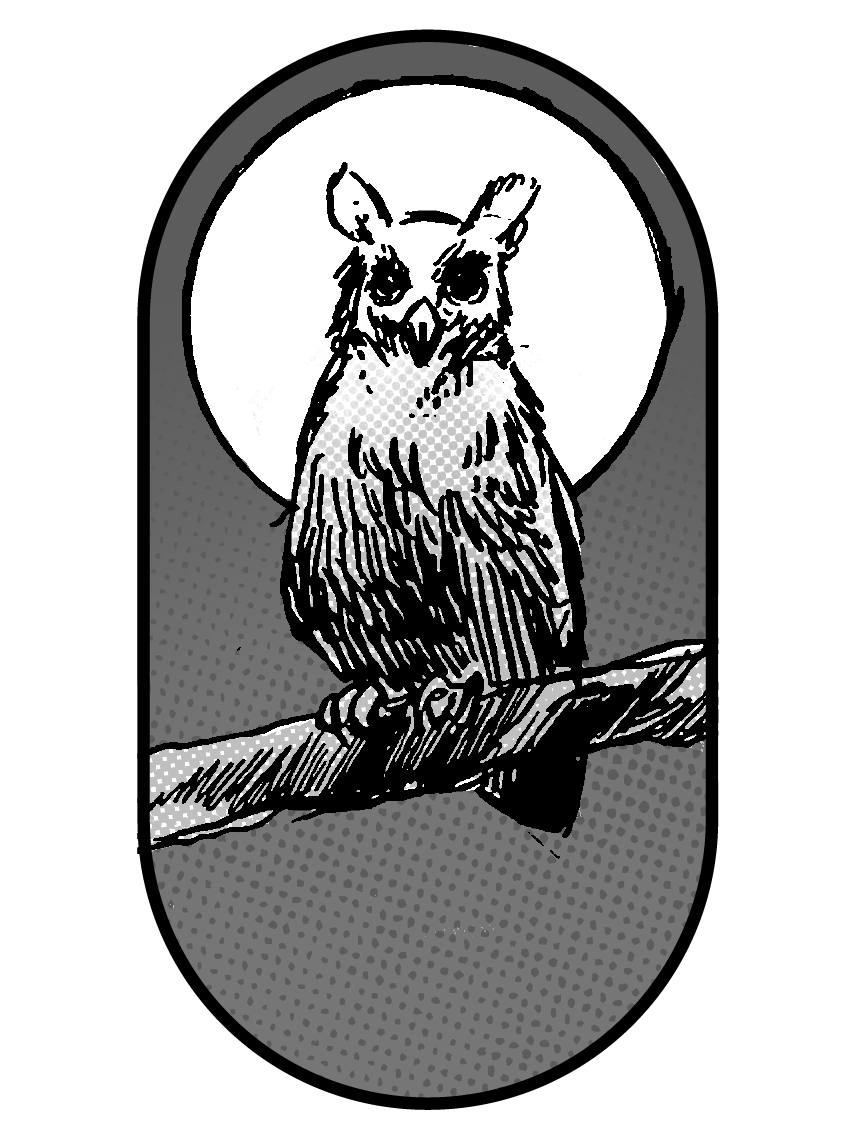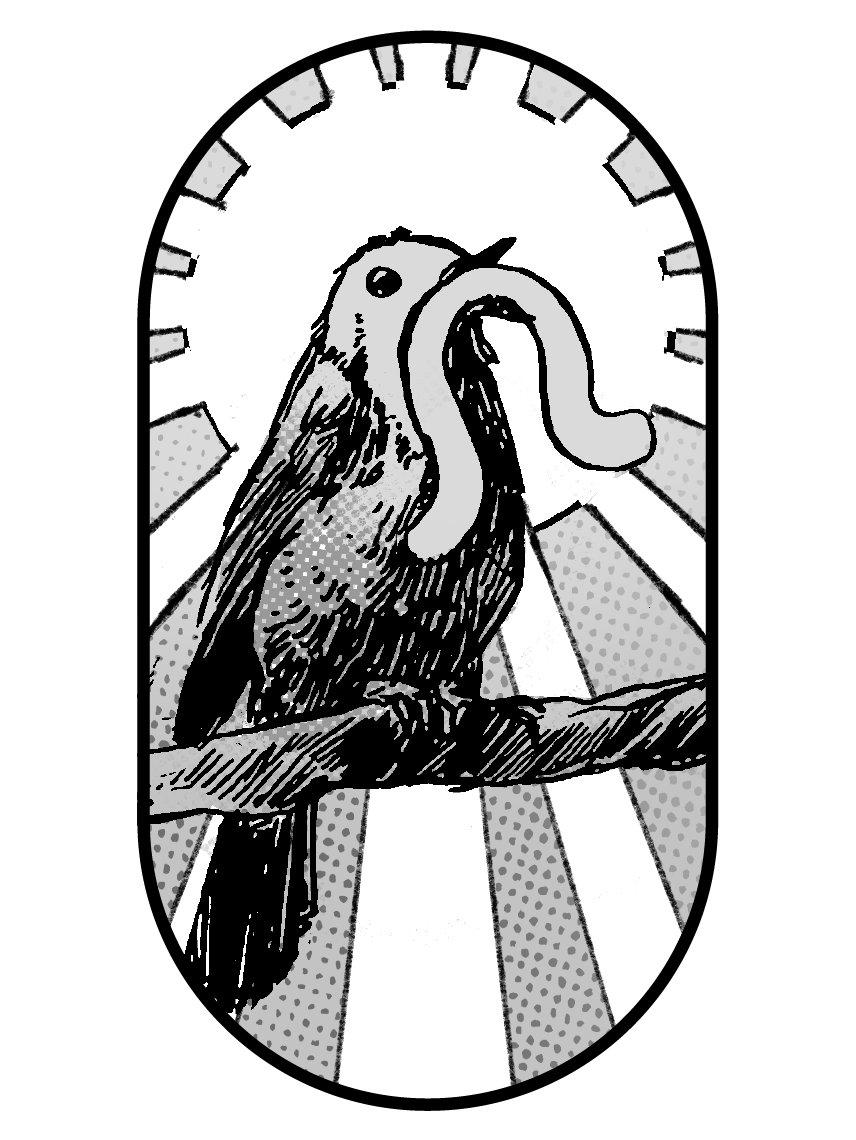The concept of early birds versus night owls has long been a topic for debate. A biased attitude has formed that raises early birds onto a pedestal. However, night owls deserve just as much respect.
The early morning sun streams in through the window, and two different reactions are had in response to this instigating event. In one bedroom, a person gets up early and alert, ready to take on the world after their rest from an early bedtime.
In another room, someone is sleeping peacefully until the quiet chirping of the birds dies down to a casual chattering of noon, and they rest until they have been recharged from the late night spent awake.
An article from Psychology Today references “morningness” and “eveningness” chronotypes as maintaining an unfair balance in the opinions of others. Psychology Today acknowledges that night owls have been unfairly labeled as unproductive while early birds are put on a pedestal for no valid reason other than social ideals.
There is a stereotype present against staying up late when comparing early-morning risers to late-night people, but there should really be equal respect for both. In actuality, both night owls and early birds get the same amount of sleep. The difference is only the time in which they get that sleep.
In some cases, though, the night owl may be perceived to receive less sleep than the average person. To understand the internal differences between the two, one must look at the circadian rhythm.
The circadian rhythm illustrates the way in which people keep time within their own bodies. That time map is specifically tailored to each individual.
Research from CNN health says that circadian rhythm allows for early birds to receive stores of melatonin at an earlier point in the day than the average person, while night owls gain melatonin doses later than the average person. This makes room for active periods and useful energy stores later in the day.
The adult world is tailored to early morning risers, as seen through the times at which normal jobs are performed. Night owls are actually training themselves to go against their own body’s needs to conform to the schedule of the rest of the world.
Night owls are simply a victim of a conformed way of living — a world constructed with early birds in mind.
It is socially acceptable for a morning bird to say that they are not able to go to a party or such because the time is too late for them. They need their rest.
On the other hand, if a night owl were to say that they were not able to make brunch because it was too early in the morning, the world would not see this as an acceptable excuse. People might see this as lazy, but night owls need their rest too.
According to an article from Science.org, one study by the University of Liège in Belgium found evidence that night owls may have more mental stamina than early birds. The study tested both morning and night people after sleeping according to their own sleep cycles.
Two tests occurred at 1.5 hours and 10.5 hours after each respective party woke up, with no restrictions on the time of day. Both groups acquired about the same results on the first test, but the second test results saw the night owls performing around 6% better than the early birds.
There are certain benefits to being a night owl that are not publicized enough. People assume that nothing productive can be accomplished at night, but night owls gain their energy at night. Their creativity thrives at night, and for many, this can be the best time to work on important projects and assignments.
Night owls can think with a clearer mind and with a more active ability to understand the self.
This is not to say that night owls are better than early birds by any means. Put simply, more appreciation should be given towards the night owl because they tend to have many attributes that are not praised as much, and they are constantly working to fit into a schedule that is working against them.
Night owls deserve just as much respect as early birds
Opinion 10/18/2023
About the Contributor

Emma Hardy, Staff Writer
Emma Hardy is a senior communication major. Emma is currently a staff writer for The Reflector.

























































































